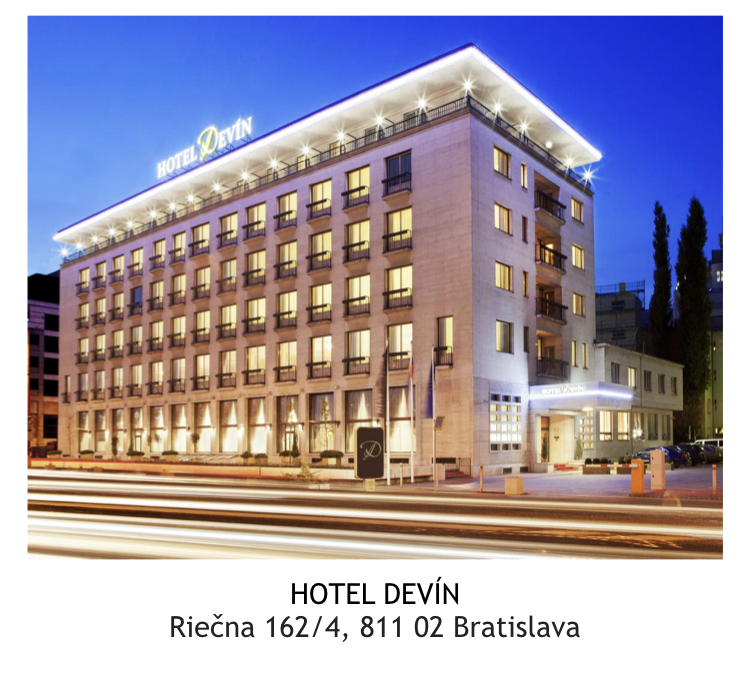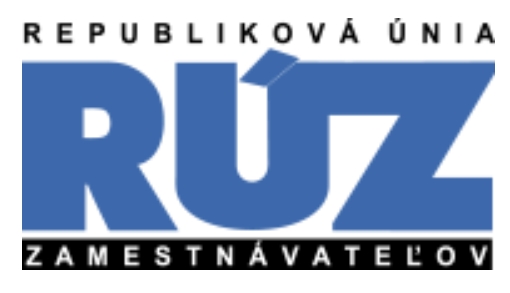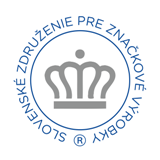EUROPE AT A CROSSROADS – REINVENTING FREEDOM 30 YEARS AFTER THE WALL
April 10, 2019
SLOVENSKY
EUROPE AT A CROSSROADS – REINVENTING FREEDOM 30 YEARS AFTER THE WALL
Europe has been suffering - for a very long time - of the same problems. High public spending and still untamed budget deficits have become the new normal in a few countries. The extension of the welfare state is often reaching new heights. The projections regarding the future of pensions in the now more than ever Old Continent are disturbing.
On the taxation front things do not look any better. On top of demanding national states we hear the rumours about “tax harmonization.” This could hit the hardest small countries that benefited from tax competitiveness, helping them to chase the Western developed economies.
The EU’s latest idea of a “digital ad tax” could also bad news for a business environment and could limit the benefits of the digital transformation.
There are numerous calls for a bigger centralisation of competences at the European level. The question is, whether this is necessary and whether any benefits of such process can even outweigh the costs in terms of freedom and competitive nature of the current form of the European project. Can we agree on where the losses of the freedom go too far and what form should the EU have to serve the purpose of freedom and prosperity in this order?
What is more, liberal democracy – a fundamental European value – is in crisis. Many claim that illiberal regimes proliferate across the continent. Extremist parties are on the rise. The very concept of liberal democracy finds itself in question and under attack.
Do the European elites have specific answers to help tackle the rise of populism and challenge the discontent people feel towards democracy? It remains to be seen. The 2019 European Parliament Elections are not to be expected to dissipate the fog. In all likelihood, they will add confusion and loudness to an already complicated political scenario.
Europe’s horizon is filled with uncertainty. What will happen with Brexit? Is the migrant crisis going to deteriorate? And is there a new financial crisis in the making? Do the European Parliament elections bring any hope of making Europe more competitive and freer place?
In order to confront these multiple challenges, the Liberty Movement has to evolve. And the Free Market Road Show wants to contribute to that evolution. In 2019 we will tour 30+ cities across Europe with a clear message for less government and more freedom for all.
We will combine top speakers from all over the world with the most cutting-edge topics and views of the free market world. We want to make clear that in spite of the state, there are still good news.
Humanity is only starting to see the potential of 3D Printing, Blockchain technology, the Sharing Economy, Peer to Peer Networks, Automation, Vlogging, and so on.
The free market challenge is to make good use of these positive trends to expand the frontiers of our Freedom. There is a lot happening that points in the direction that Freedom can make a big comeback.
Thirty years ago, the Berlin Wall fell and millions were liberated. After three decades, it is high time to have a Freedom Renaissance again. Let’s make this message be heard all across Europe: Individual Liberty is possible in our lifetime. Click here for more information about the 2019 Tour
Speakers

Daniel J. Mitchell

Nicholas Harris

Terry W. Anker

Richard Ďurana

Martin Vlachynský

Peter Gonda

Kai Weiss
Join the discussion
The 2019 Free Market Road Show will present two main panels focusing on:
1. Doing business in Slovakia / in Europe 30 years after the fall of socialism
Only 37 % of Europeans wants to do business. On the other side of the Atlantic 51 % of Americans and 56 % of Chinese want to start a business. How can we change the meaning of the term entrepreneur? What is the trend in (de)regulation of the business environment and what is the role of the European Union and the member states? What recommendations should the politicians (not only) in Slovakia follow from the long-term perspective?
2. Europe at crossroads
30 years after the fall of Socialism we see in Slovakia as well as in Europe phenomena such as high public expenditures, creation of the national champions in business, promotion of domestic production at the expense of the imported goods, numerous social programmes, weak enforcement of law and rules, curtailing of personal freedoms, political correctness and the growth of populism. What should the role of government be in the lives of the individuals? What should we learn from history?
Presentations
Martin Vlachynský - Presentation
Nicholas Harris - Presentation
Richard Teather - Presentation
John Fund - Summary
Peter Gonda - Presentation
Daniel J. Mitchell - Presentation
The 2019 Edition Gallery
The conference working languages are Slovak and English, simultaneous interpreting will be available the whole time.
Free entry.
Organized by
Institute of Economic and Social Studies is a non-governmental and apolitical independent think tank in Bratislava, Slovakia. INESS monitors the functioning and financing of the public sector, evaluates the effects of legislative changes on the economy and society, conducts in-depth analyses and drafts reform proposals, and comments on current economic and social issues. It is the most frequently quoted Slovak economic think tank in broadcast and print media.
The Austrian Economics Center (AEC) is a politically independent research institute committed to disseminating the ideas of the Austrian School of Economics. The AEC considers public policies, identifies economic alternatives, and attempts to realize them based on rigorous analysis and academic research. The AEC’s basic goal is the promotion of a free, responsible and prosperous society. To achieve this goal, it considers economic and socio-political questions, prepares studies, and recommends solutions.
Contact Us
We are ready to help you with whatever you need.


















